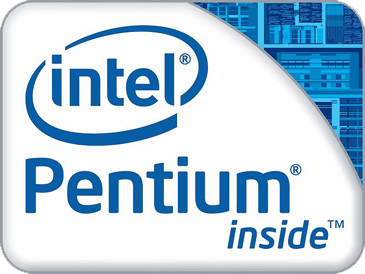Specifications of the Intel Pentium 7505 Processor
The Intel Pentium 7505 processor, built on the Tiger Lake UP3 architecture, delivers advanced performance and efficiency.
- Release Date: The serial production of this CPU commenced on Q4/2020.
- Technological Process: Manufactured using a state-of-the-art 10 nm process, ensuring optimal power consumption and thermal management.
- Base Clock Frequency: Operating at a base clock frequency of 2.00 GHz, this processor is designed for demanding applications and multitasking.
- Core Configuration: Equipped with 2 cores, the Intel Pentium 7505 excels in parallel processing capabilities.
- Overclocked Speed: For enhanced performance, the CPU can reach an overclocked clock speed of 3.50 GHz.
Considerations for Selection
Before selecting the Intel Pentium 7505, it is essential to verify the following components:
- Socket Type: Ensure compatibility with the motherboard's socket type.
- RAM Form Factor: Check the form factor of RAM modules to guarantee proper installation.
- Power Supply Capacity: Confirm that your power supply can support the CPU's power requirements for optimal performance.



 with others processors
with others processors